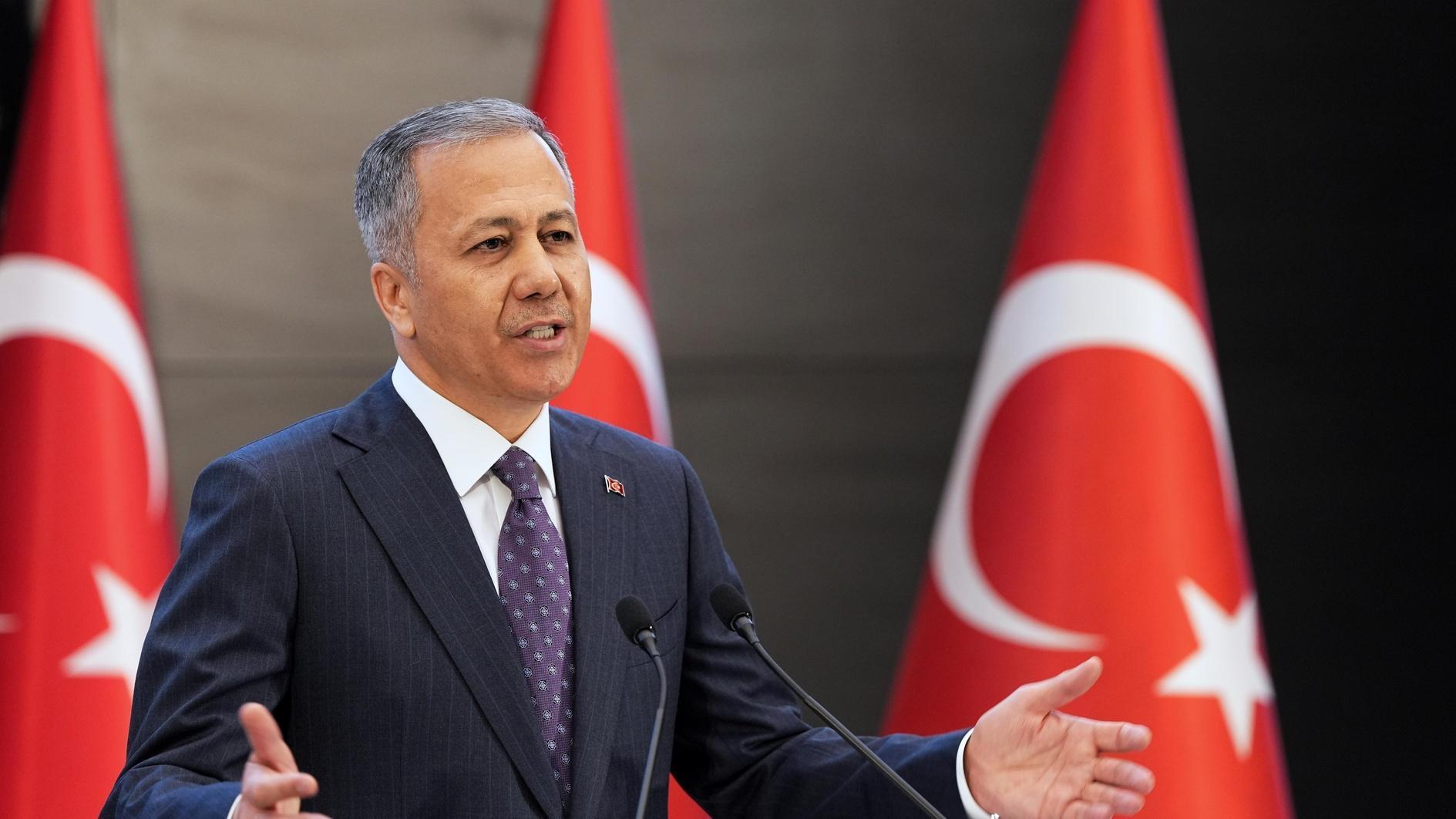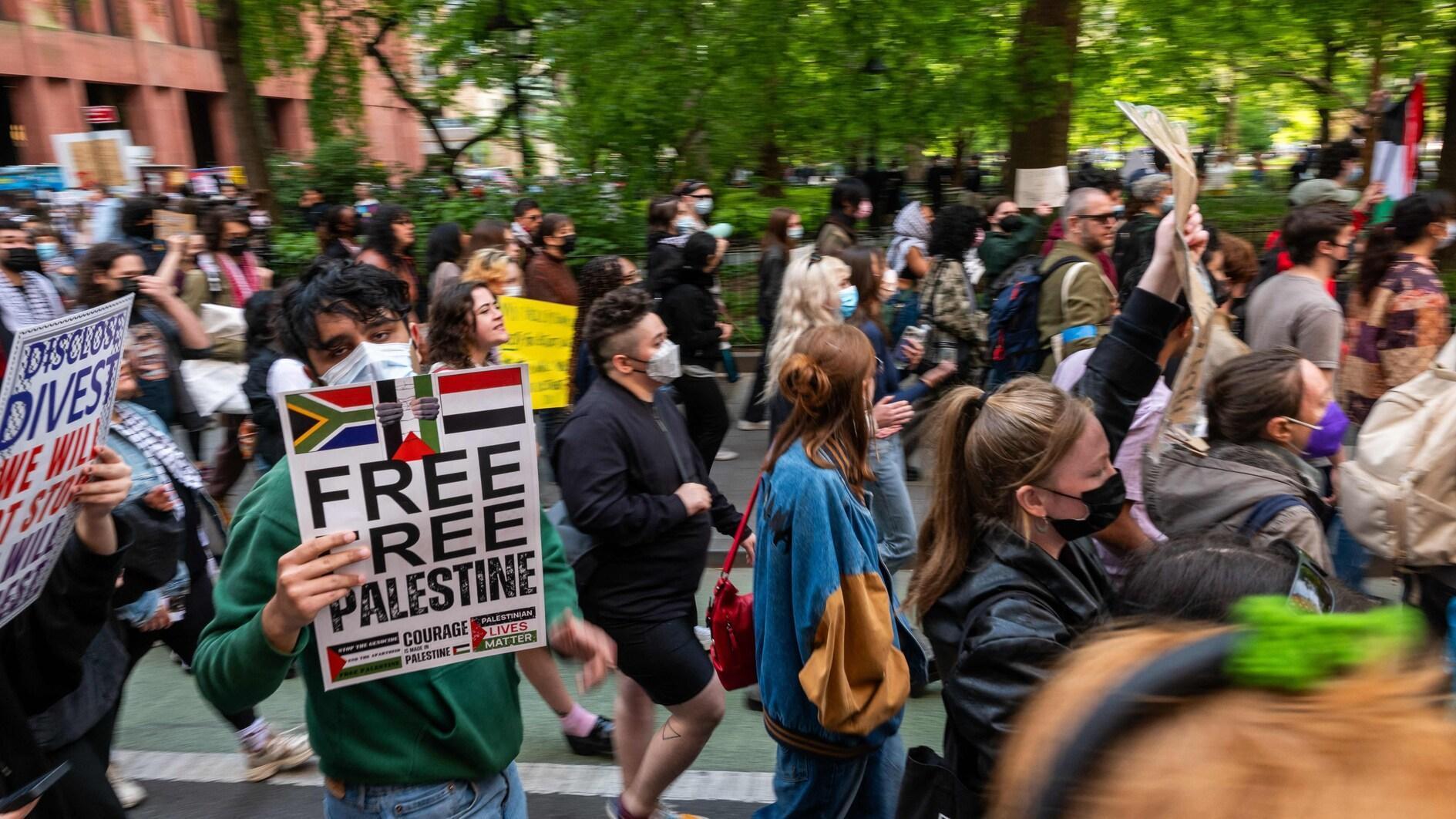Not a time to burn bridges
Prime Minister Recep Tayyip Erdoğan’s visit to Berlin this week and talks with Chancellor Angela Merkel on Oct. 31 provided him with an opportunity to air views on Turkey’s EU perspective after a prolonged period of silence and apparent indifference toward the topic.
Erdoğan did not waste the opportunity, of course, to lambast Europe for keeping Turkey waiting at the EU’s door for half a century. He also suggested that 2023 would be a final date of membership for Turkey, after which Ankara would go its own way if accession did not happen.
Erdoğan stressed, however, that if matters came to such a head, it would not be Turkey’s fault but the fault of those who have played around with Turkey all these decades.
“We are continuing with the process. But you have to make up your minds without wasting time.
Whatever this decision is we are prepared to implement it, and will respect it. But the side that has to decide is the EU,” he said during a speech at the Nicolas Berggruen Institute in Berlin on Oct. 30.
Erdoğan repeated the same argument later that evening during an address inaugurating the new Turkish Embassy building in Berlin, saying, “Turkey’s process with the EU is 50 years old. We have to finalize this, because no one has treated another country like this.”
Chancellor Merkel’s response was equally pleasing for those who value Turkey’s EU perspective. Adding to the satisfaction was of course the knowledge that Merkel oppose the idea of full Turkish membership in the EU and have offered a “privileged partnership” instead, which the Turkish side has refused to accept.
Despite her party’s position, Merkel said during her joint press conference with Erdoğan on Oct. 31 that, “The EU is an honest negotiating partner,” going on to stress that Turkey’s membership negotiations “will continue irrespective of the questions that we have to clarify.”
Merkel and her Christian Democratic Party’s position has been that while they are opposed to full membership for Turkey, they will not block agreements previous German governments have arrived at on this score. Based on this formulation, Germany, unlike France, has not unilaterally – and against the EU’s “collective spirit” – prevented any chapters in the negotiations from being opened. As Merkel also pointed out during the press conference, her government has even been instrumental in opening some new chapters in the membership negotiations.
While not promising anything concrete for the immediate future in terms of Turkey’s EU bid, Erdoğan and Merkel’s comments nevertheless created some good vibrations politically and provided an opportunity to underline the continuing importance of Turkey’s EU perspective, whatever shape this may take in the future.
Right-wing politicians and racists in Germany remain vehemently opposed to Turkish membership, of course, but on the level of policy planners there seems to be awareness that Turkey is changing and gaining regional and international weight.
In the meantime, Europe is faced with the need to change and reinvigorate the whole EU project if it is to survive in the long run.
Of course the world is changing in a way that is shifting centers of power away from Europe to other parts of the globe. Given all this, now is not the time to burn bridges that will most likely prove to be vitally important in the future.
This applies for Turkey as much as it does for Germany. It was good, therefore, to see the leaders of the two countries which are obviously set to play an important role in the future in terms of
international developments, acting in line with this basic fact, even if it is not apparent to everyone in Europe yet.











